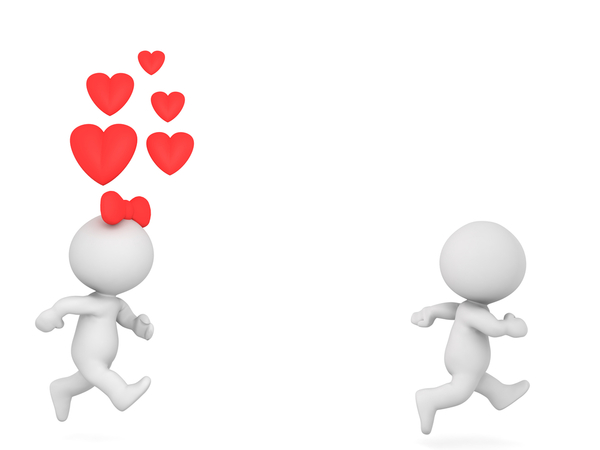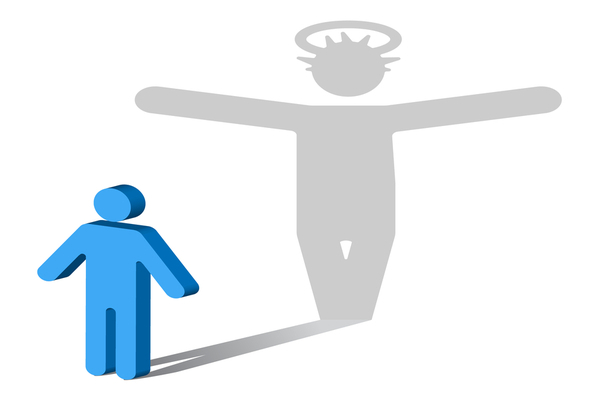Passive-aggressive husband test (15 Items)
Passive-aggressiveness is a communication style in which a person expresses anger or hostility indirectly. Active aggression would be expressing anger directly. Passive-aggressive people tend to be conflict-avoidant and rarely express anger. This doesn’t mean they’re not hurt, though. They’ll get back at those who hurt them in subtle ways. Since passive-aggressive people cannot talk about









